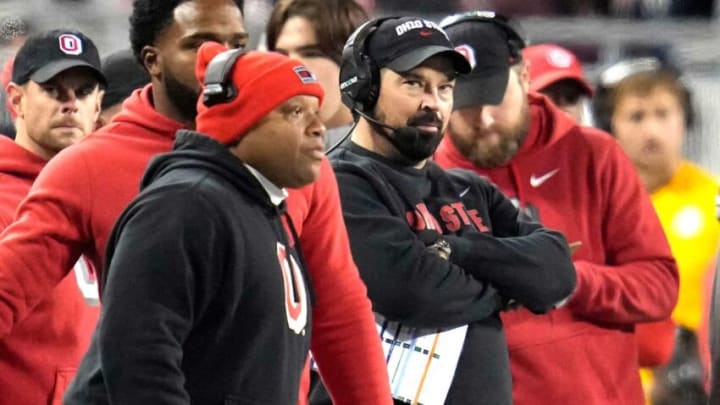
According to a recent ESPN report, Ohio State Football has made significant changes to its coaching staff, resulting in the forced retirement of four coaches. This decision stems from a combination of factors that include underperformance, a shift in program goals, and the need for fresh ideas.
Ohio State, a program with a rich history and high expectations, has faced criticism following inconsistent performances in recent seasons. The team has struggled to meet the competitive standards set by its own storied legacy, particularly in crucial games against rival programs. The decision to part ways with these coaches signals a commitment to revitalizing the program and addressing the concerns of fans and stakeholders.
One of the primary reasons for this shake-up is the desire to enhance player development and on-field strategies. The administration believes that a new coaching approach could better harness the talent available, particularly given the influx of highly recruited athletes. The departures are also seen as a response to recent challenges in maintaining a competitive edge within a rapidly evolving college football landscape.
In addition, there has been a growing emphasis on fostering a cohesive team culture and improving overall morale. The outgoing coaches had become part of an environment that many felt was not conducive to success. By bringing in new personnel, Ohio State aims to instill a fresh energy and perspective, aligning with the aspirations of both players and fans.
The decision also reflects broader trends in college football, where programs are increasingly willing to make bold moves to secure a winning future. With significant financial investments in facilities and recruitment, Ohio State’s leadership recognizes that maintaining a championship-caliber team requires continual adaptation and improvement.
Overall, this transition marks a pivotal moment for Ohio State Football. By forcing these coaching retirements, the program is signaling its readiness to embrace change and pursue excellence, reaffirming its commitment to becoming a perennial powerhouse in college football once again. The next steps will be crucial as the administration seeks to find replacements who can effectively lead the team into a new era.





